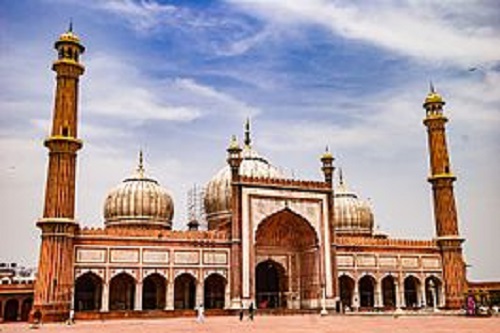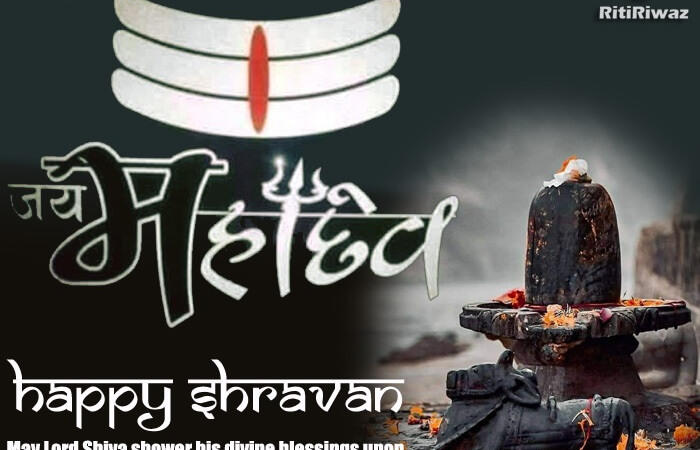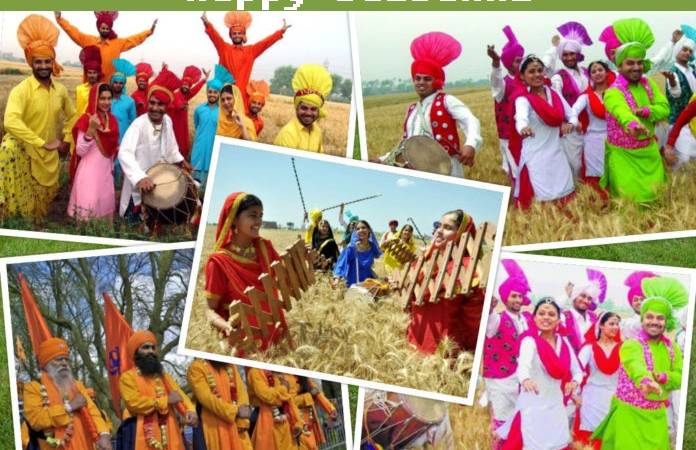Islam – The second largest Religion in India

Islam is both a religion and a civilization, a historical reality that spans over fourteen centuries of human history. It has a geographical presence in vast areas stretching over the Asian and African continents and even parts of Europe.
Islamic history has, furthermore, been profoundly intertwined with the history of India since the seventh century and with certain aspects of Chinese history for the past millennium (and to some extent even before that, going back to the century following the rise of Islam). India, in fact, has well over 130 million Muslims, the largest single minority in the world. The most prominent language of Muslims of this area is Urdu, related closely to both Sanskrit and Persian, although many other Indian languages, such as Punjabi, Sindhi, Gujarati, and Tamil, are also used by Muslims. Bengali must be considered, along with Urdu, as the other major literary Islamic language of the Subcontinent.
Islam had begun to spread into the heartland of India in the sixth/twelfth and seventh/thirteenth centuries, mostly through Sufi orders such as the Chishtiyyah. Gradually, local Muslim rule became established, especially during the period known as the Delhi Sultanate, which at times ruled much of northern India. There were also notable small Muslim municipalities in Kashmir and Bengal as well as in the south, especially in the Deccan. In the tenth/sixteenth century, Babar and his army established their rule over northern India and founded the Mogul (also known as the Mughal) Empire, which ruled most of that land from 932/1526 to 1274/1858. The great early emperors, such as Akbar, Humayun, Jahangir, and Shah Jahan, created one of the most culturally vibrant and wealthy empires in the world.
Urdu, a language that came into its own in the twelfth/eighteenth and thirteenth /nineteenth centuries as a major vehicle for the expression of Islamic thought and sensibility in northern India and is now one of the major Islamic languages.
At the end of World War II, with the wave of anticolonialism sweeping the world, independence movements began throughout the Islamic world. Soon after the war, India was partitioned into Muslim Pakistan, then the biggest Muslim nation, and the predominantly Hindu India, where a sizable Muslim minority continues to live. Pakistan itself was partitioned in 1971 into Pakistan and Bangladesh.
India has the third-largest Muslim population next to Indonesia and Pakistan. India is home to 10% of the world’s Muslim population. India has around 172 million Muslims.
There are many denominations amongst Indian Muslims, the majority belong to the Sunni branch of Islam, while a substantial minority belong to the Shia branch. There are also small minorities of Ahmadiyya and Quranists. Many Indian Muslim communities, both Sunni and Shia, are also considered to be Sufis. The Sunnis and Shia are the biggest Muslim groups by denomination. Although the two groups remain cordial, there have been instances of conflict between the two groups especially in the city of Lucknow.
Belief of Islam
1) Belief in God – In Islam, God is beyond all comprehension, and Muslims are not expected to visualize God.
2) Belief in the Angels – Muslims believe in the existence of the angels and that they are honored, creatures.
3) Belief in God’s Revealed Books – Quran.
4) Belief in the Prophets and Messengers of God.
5) Belief in the Day of Judgment – All people will be resurrected for God’s judgment according to their beliefs and deeds.
6) Belief in Al-Qadar – Muslims believe in Al-Qadar, which is Divine Predestination.
Five Pillar of Islam
The main five pillars of Islam are five basic acts of Islam. The Quran presents them as a framework for worship and a sign of commitment to the faith.
1. Shahadah (CREED)
2. Daily prayer (SALAT)
3. Alms-giving (ZAKAT)
4. Fasting (RAMADAN)
5. Pilgrimage to Macca (HAJJ)
The Shia and Sunni sects both agree with these five Pillars.
Suggested Read: Indian Religions






